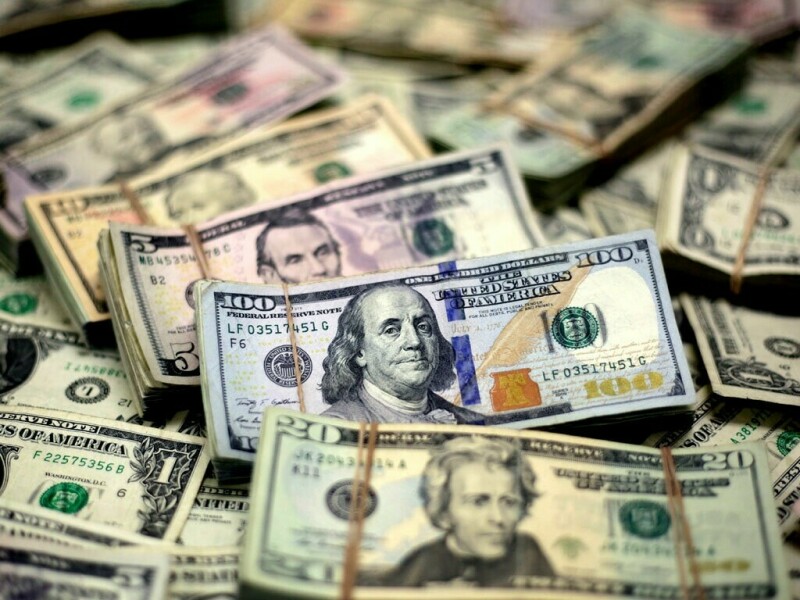The Pakistani rupee posted marginal gain against the US dollar, appreciating by 1% during intra-day trading in the inter-bank market on Thursday.
At 9:48am, the local currency was hovering at 280.93 against the greenback, up by Re0.04 against the previous day close.
On Wednesday, the rupee had closed the day at 280.97 against the US dollar.
Internationally, the dollar took a breather on Thursday, following a sharp bounce after President Donald Trump backed away from threats to fire Federal Reserve chair Jerome Powell and his administration opened the door to a softer stance on China tariffs.
After dipping below 140 yen on Tuesday, the dollar has rebounded off major chart support and was last at 143.25 yen on Thursday.
It caught an extra boost when Treasury Secretary Scott Bessent said the U.S. did not have a specific currency target in mind, ahead of talks with his Japanese counterpart. Bessent has also said the current de-facto embargo on U.S.-China trade was unsustainable, while cautioning that the U.S. would not move first in lowering its levies of more than 100% on Chinese goods.
The dollar has recovered from a three-and-a-half-year low of $1.1572 per euro, but encountered a little selling in the Asia morning to steady around $1.1338.
Oil prices, a key indicator of currency parity, ticked up on Thursday after falling nearly 2% in the previous session, with investors weighing a potential OPEC+ output increase against conflicting tariff signals from the White House and ongoing US-Iran nuclear talks.
Brent crude futures rose 8 cents, or 0.12%, to $66.20 a barrel by 0505 GMT, while US West Texas Intermediate crude gained 9 cents, or 0.14%, to $62.36 a barrel.
Prices settled down 2% in the previous trading session after Reuters reported that several OPEC+ members would suggest the group accelerate oil output increases for a second month in June, citing three sources familiar with the OPEC+ talks.
“While a risk-on move lifted most risk assets yesterday, oil was left behind thanks to OPEC+ discord,” ING analysts wrote in a note.
Kazakhstan, which produces about 2% of global oil output and has repeatedly exceeded its quota over the past year, said it would prioritise national interest, rather than that of OPEC+ in deciding production levels, Reuters reported on Wednesday.
This is intra-day update


